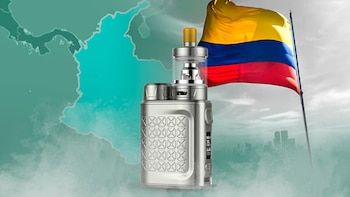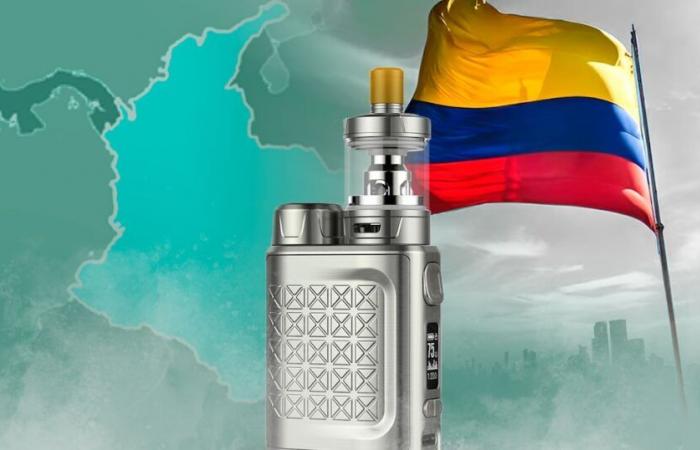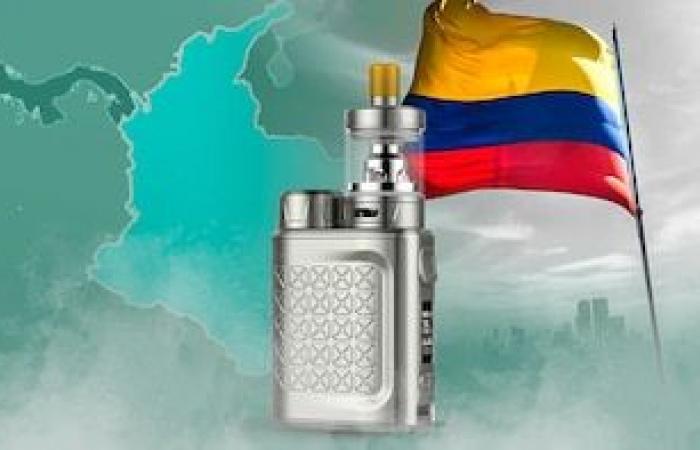The Civil Organizations Fundación Anáas and Red Papaz expressed concern about the lack of balance at the technical table convened in the Colombian Congress to discuss two bills that seek to update the tobacco consumption tax, including electronic or vapers cigarettes.
According to these, The composition of this analysis space favors the companies producing these products, while excluding key actors such as the Ministry of Finance and independent organizations of the financing of the tobacco industry, with the scientific authority in matters of public and fiscal Health to express positions without conflict of interest.
Now you can follow us in Facebook and in our WhatsApp Channel.

According to the criticisms of Anáas and Red Papaz, representatives of companies such as British American Tobacco (Bat), Philip Morris, Glu Cloud, Rex, and associations such as the World Vapers’ Alliance, Alterpro and Asovope, all linked to the tobacco industry. However, Civil organizations indicate that independent entities have not been included that can contribute perspectives without conflicts of interest. The groups affirm that this situation represents a “very clear interference” of the tobacco industry in the design of public policies aimed at tobacco control.
The bill in question, which was approved in the second debate by the plenary of the House of Representatives in February 2025, must still exceed two more debates in the Seventh Commission and in the Senate plenary to become law. Meanwhile, The Network and the Foundation warned that the participation of tobacco companies in the discussion of these regulations contravenes the provisions of the framework agreement of the World Health Organization for Tobacco Control, adopted by Colombia through laws 1335 of 2009 and 2354 of 2024. This agreement establishes that states must protect their tobacco control policies from the interests of the tobacco industry and avoid any collaboration with this in the drafting of related regulations.
-
In the context of this discussion, Anáas and Red Papaz stressed that The average starting age in tobacco consumption in Colombia is 17 years, based on the National Psychoactive Substance Consumption Survey 2019carried out by the National Administrative Department of Statistics (DANE) and the Ministry of Justice.
In addition, more than a third of the Colombian population, equivalent to more than 16 million people, has consumed tobacco products at least once in his life. Of this total, approximately 1.1 million have used electronic cigarettes or vapers, which are usually promoted as less harmful, although there is no scientific evidence that supports this statement.
Civil organizations also stressed that the current version of the bill establishes rates levels that could generate significant benefits for public health and that are sustainable from the fiscal point of view. Therefore, They called for not retreating in the advances achieved in previous debates and to ensure that legislative decisions are made without the influence of private interests.

Finally, Anáas and Red Papaz reiterated the importance of Congress fulfilling their responsibility to design and apply tobacco control policies that are aligned with the international commitments acquired by Colombia.
In that sense, they added that “by virtue of this Framework Agreement it is the responsibility of Congress, as one of the branches of public power in Colombia, establish and apply tobacco control policies and protect these policies against the interests of the tobacco industry.”










